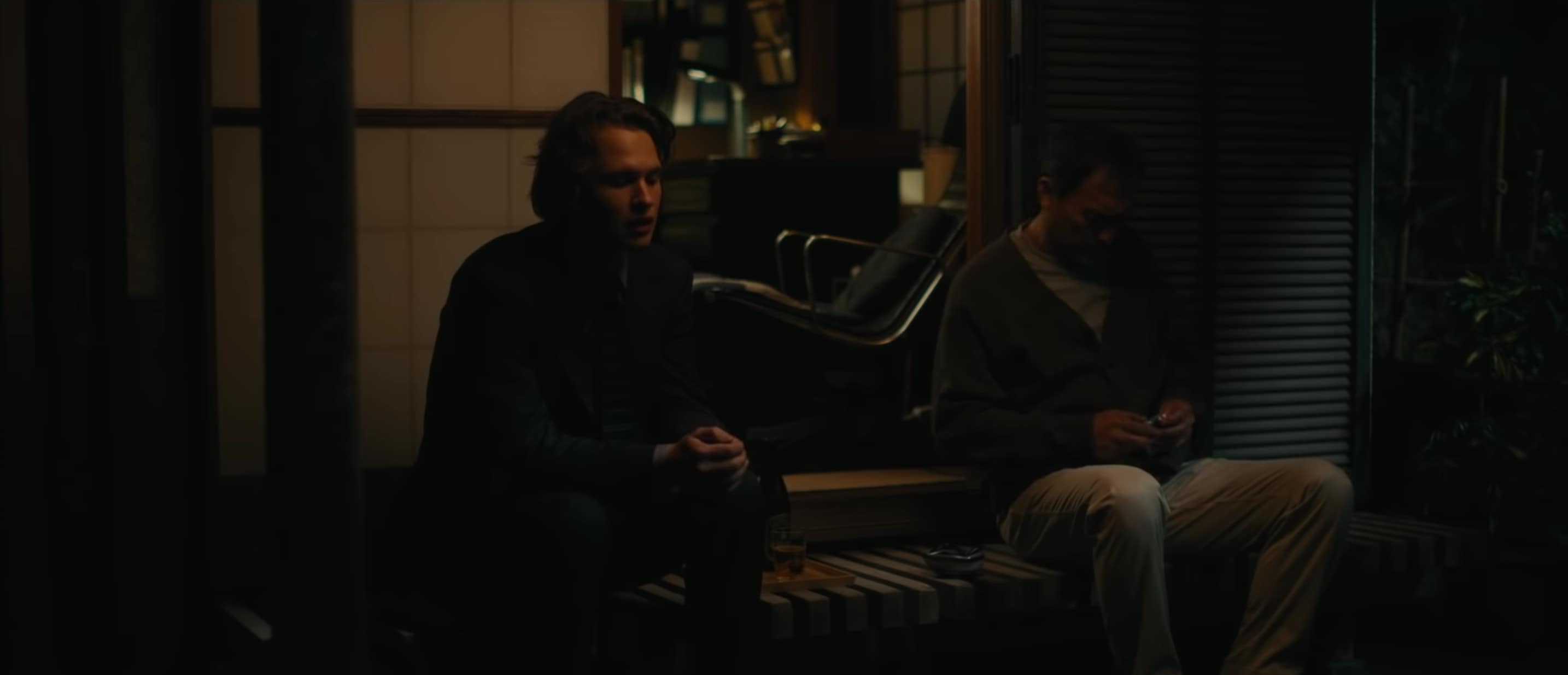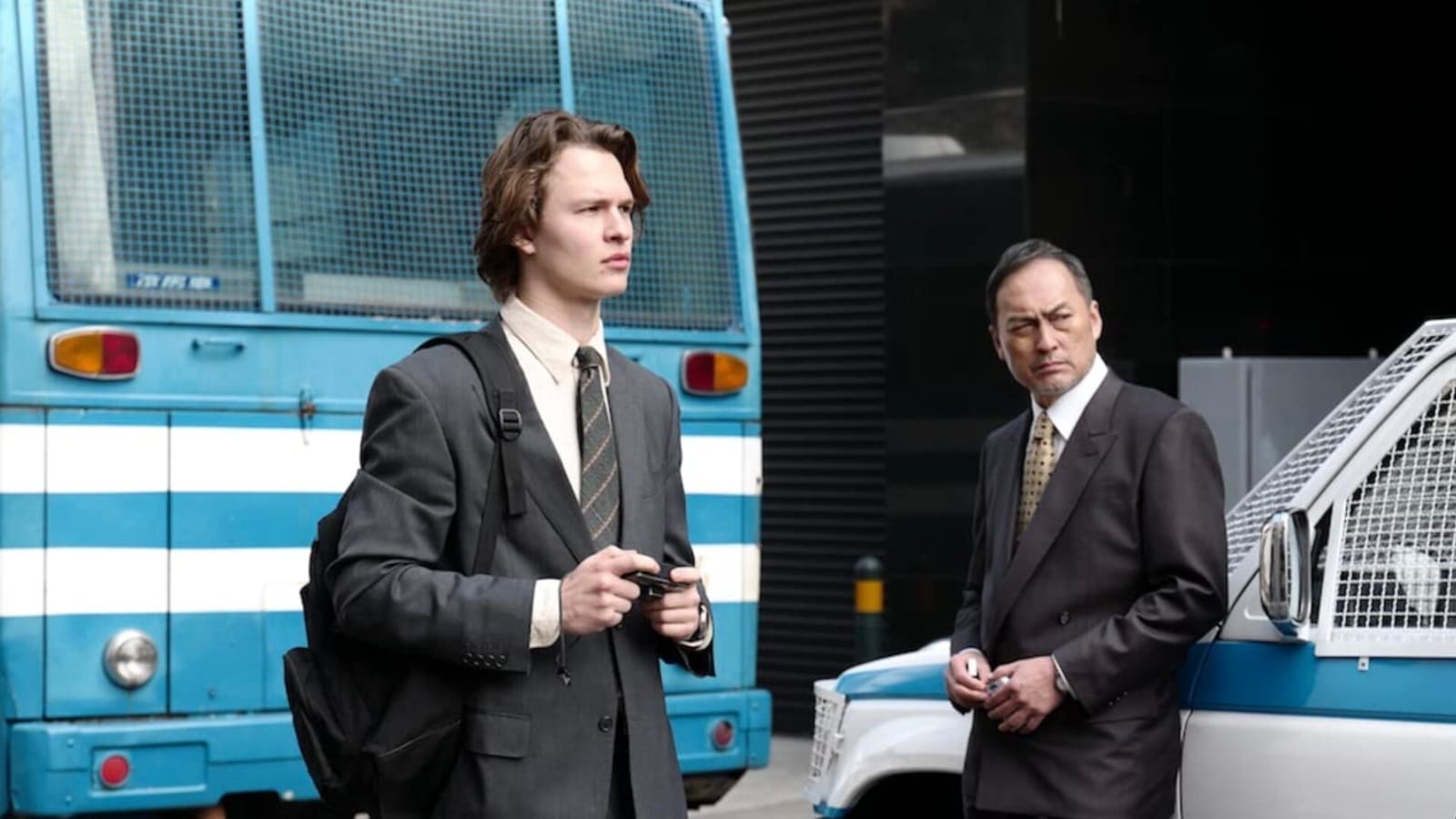Tokyo Vice review: A stylistic, slow burn crime drama that places atmospherics above action
“There’s no murder in Japan” a corrupt Tokyo cop says to a baffled young American reporter investigating a homicide case. The year is 1999 and the officer’s remarks reflect a criminal justice system that’s essentially one giant carpet with every homicide cleanly swept under it. But the unlikely combination of a hungry foreign journalist, a frustrated detective and a potential gang war threatens to not only lift the carpet but also set fire to the entire house. Based on journalist Jake Adelstein’s memoir of the same name, Tokyo Vice tells the story of a young American journalist who worked as a crime reporter for Japan’s largest newspaper, where he reported on ties between the police, politicians and the dreaded Yakuza. (Also read: Outer Range review: Josh Brolin-starrer is a well-crafted fascinating show)
Showrunner J.T. Rogers’ stylistic, slow-burn cross-cultural crime drama (much of which takes place in Japanese) is, at its core, the story of two men with a common cause. There’s Jake, an ambitious, hungry journalist who’s looking to make his mark (Ansel Elgort, cast here despite the allegations against him). “I wanted to report on what really happens…and maybe someday make a small piece of history” he says. A fitting ambition to have in a place where what really happens goes unacknowledged.
With an adjacent agenda is frustrated police detective Hiroto Katagiri (an excellent Ken Watanabe, who always does wonders when he isn’t being made to tell Godzilla to fight). Hiroto is tired of the very status quo he’s meant to uphold. “The roots of the yakuza run so deep we can never get rid of them…so cops are encouraged to maintain peace amidst different gangs”. A tad too conveniently, the detective and the journalist form an unlikely alliance to do some good within a system designed to sideline it.
The first American reporter to work at Japan’s largest newspaper, Jake is a Gaijin (as the locals refer to him), a foreigner. The forever outsider who serves as our eyes into this world. It’s a badge that both limits his access and opens unlikely doors. It means he can’t blend in, but it allows him to stand out. Early on, he tries to schmooze an officer to get inside information in search of a story. While his questions are ignored, the officer takes him out for a drink because Jake can help him “talk to American girls.”

On his journey for answers he must contend with his hard-nosed editor (a scene-stealing Rinko Kikuchi) and try to get closer to the unsettling world he’s fascinated by, with the help of American bar hostess Samantha (Rachel Keller), and a Yakuza member Sato (Show Kasamatsu) who feels like an outsider in his own organisation.
Crime drama royalty Michael Mann directs the first episode and you can feel his presence. Mann’s visual style ensures that the pilot is the moodiest of the lot, driven by close-up shots and a camera that seems more enamoured by Jake than the murky world around him. Almost like it’s trying to force us into his mind.
And what a curious mind it is. I liked that, despite spending almost every frame of the series with him, through much of the series Jake remains an enigma. A hungry thrill-seeker, yes, but there’s more. He’s far too compelled by his story. As if there are other unknown agendas at play. Tokyo Vice is fuelled by an impressive Elgort. Much like Jake’s own quest for answers, each scene underlines the painstaking effort the actor has poured into inhabiting this character, which includes learning how to speak fluent Japanese.
Josef Kubota Wladyka takes the director’s seat from the second episode onwards (along with Hikari and Alan Poul) and brings in a less stylistic, more accessible tonal shift as plot takes precedence over character as Jake gets sucked deeper into the Tokyo underworld. Despite that, there will be those that struggle with the show’s pace and moody aesthetic, partly because we’ve seen the “Netflix version” of this brand of crime drama before–pacier, more urgent and placing “bingeability” above all else.
Caught between character study and crime drama, Tokyo Vice’s more grounded approach looks to paint a more authentic picture, showing the duller day-to-day functioning of both crime reporting and the Yakuza’s inner workings. It’s the very thing that both makes the show stand out and at times, a challenge to stay with.
You can watch Tokyo Vice on Lionsgate Play.
For all the latest entertainment News Click Here

